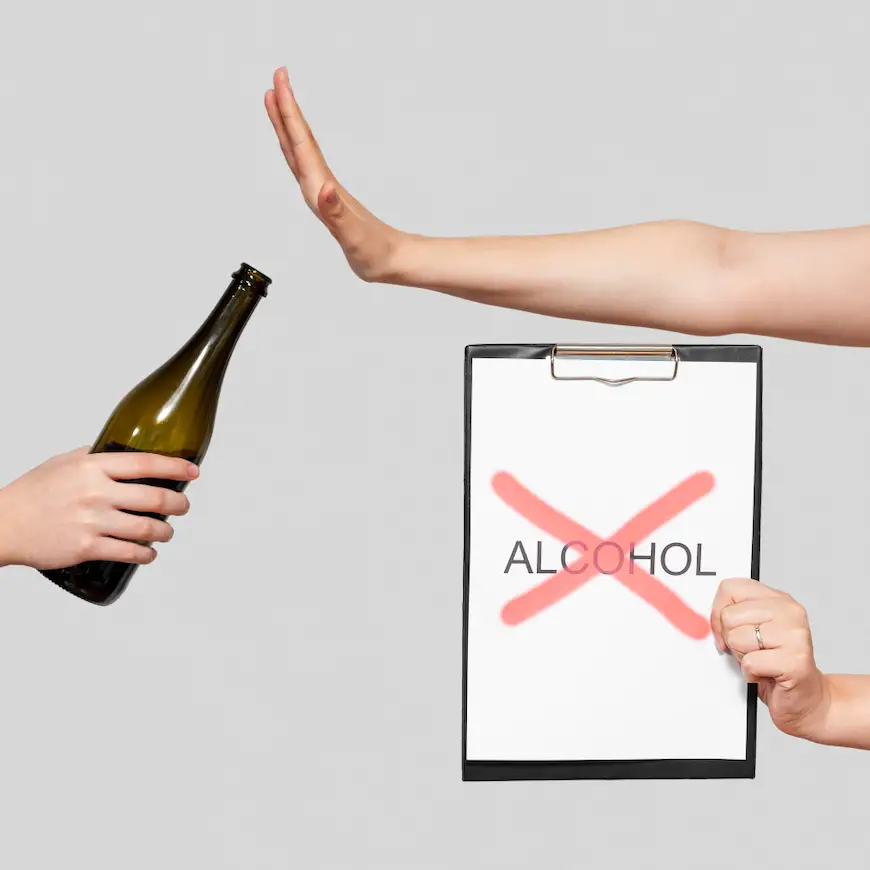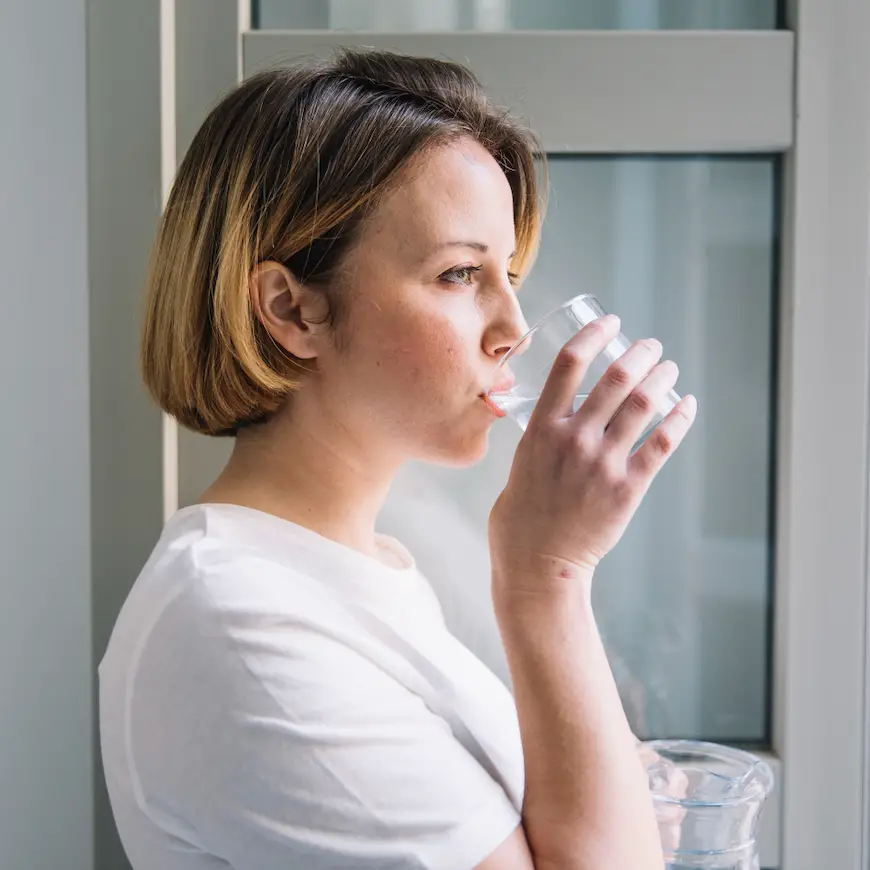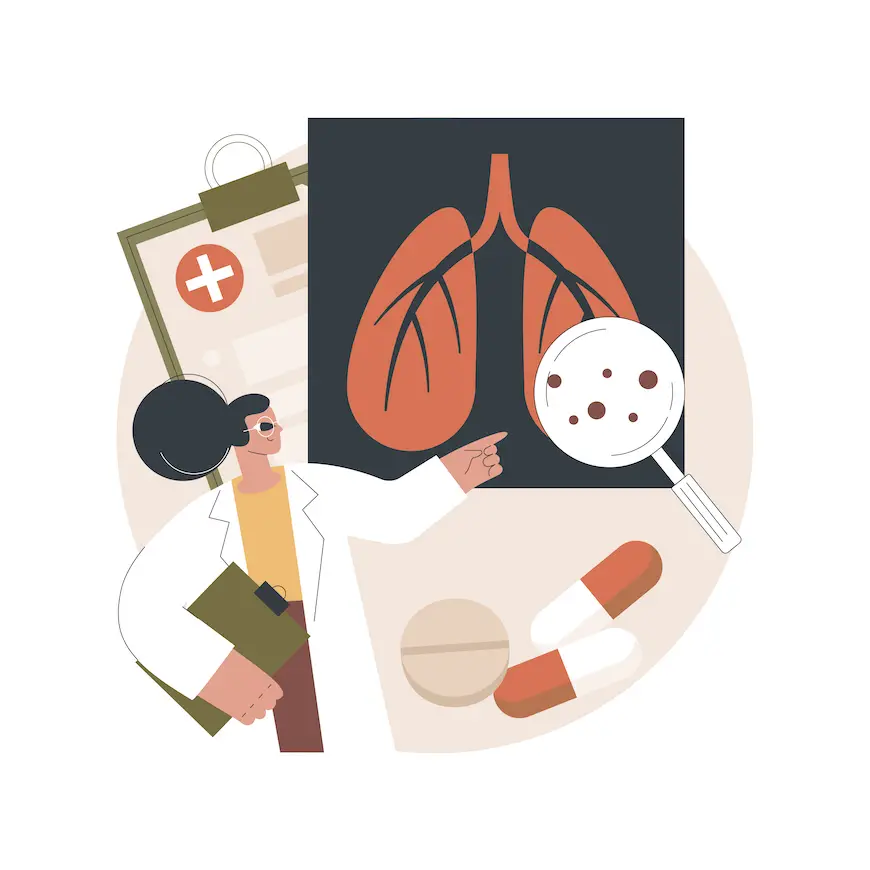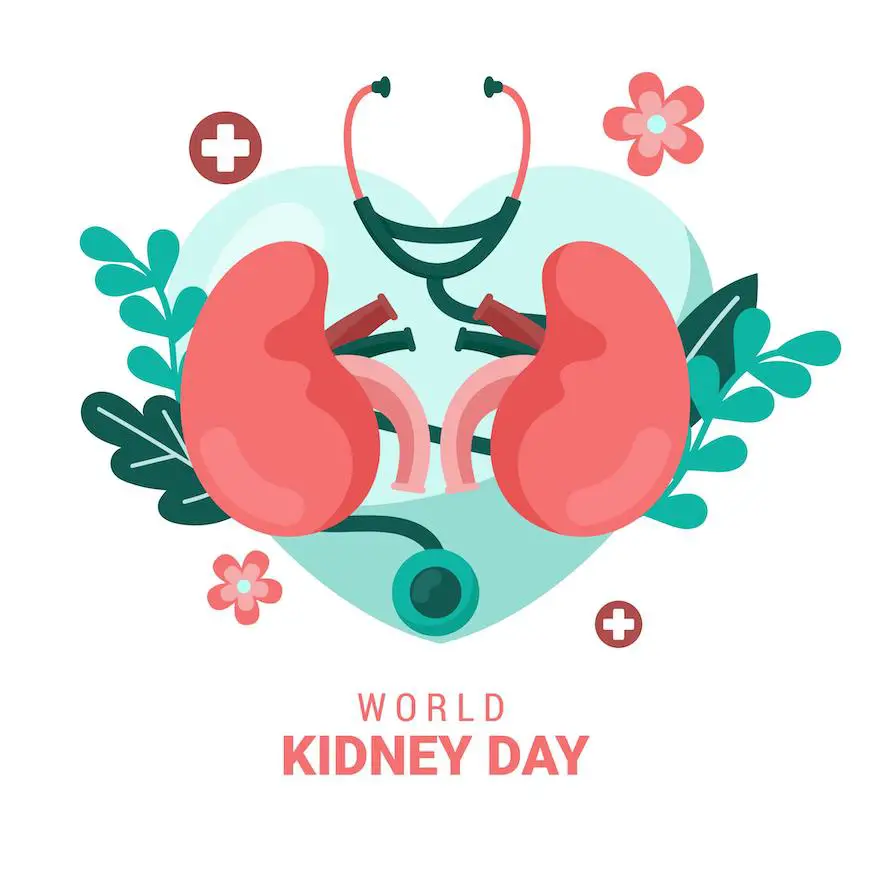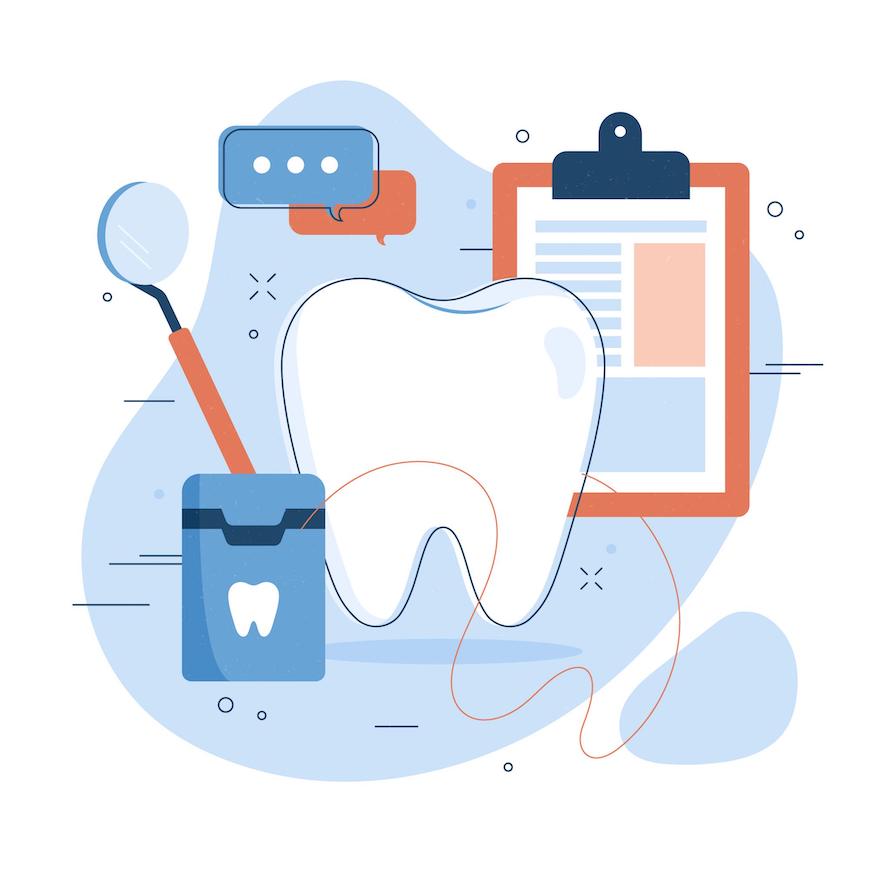Alcohol addiction is a common problem that affects millions of people worldwide and requires a comprehensive and caring treatment approach. Alcohol rehab plays a crucial role in helping individuals regain control over their lives. This article explores the fundamentals of alcohol rehab, the process involved, and the transformative impact it can have on individuals and their families.
Alcohol addiction is not just a physical dependence; it encompasses psychological, emotional, and social dimensions. Unchecked, it can lead to severe health problems, strained relationships, and socio-economic challenges. Alcohol rehab offers a thorough approach to tackling these challenges, promoting both physical detoxification and psychological healing.
You’re not alone if you feel that there’s no way out. There are many types of treatment available today to help you recover from alcoholism and live a healthy, happy life.
Types of Alcohol Rehab Programs
Alcohol rehab programs come in various forms to cater to the diverse needs of individuals struggling with alcohol addiction. Understanding the different types of programs can help in choosing the most suitable approach for recovery.
1. Alcohol detox
The detox phase is the initial step in treating alcoholism. At this time, alcohol is completely removed from the body. Withdrawal symptoms usually subside within 1-2 weeks after withdrawal begins; however, this may take longer depending on the severity of your alcohol addiction.
Getting rid of the disease is the first and most difficult step in treating alcoholism. You may experience withdrawal symptoms in the first few days after you stop drinking alcohol. A healthcare professional can also give you medication to help with the pain. This way you can focus better. After the elimination, you can continue with the medicine and other treatments.
2. Inpatient Rehabilitation:
Inpatient rehabilitation facilities are the ideal treatment environment for recovering alcoholics. Basically, this rehab treatment is designed to treat the most severe forms of alcoholism and requires the person to stay in place for the duration of the treatment (30, 60, or 90 days).
Living with others facing similar challenges creates a supportive community atmosphere. Peer connections and shared experiences are critical for emotional support and motivation.
Treatment professionals provide ongoing care to help you prepare for life after recovery. This may include information about dealing with abusers, the importance of a heart care plan, and what to do if you relapse.
3. Outpatient Rehabilitation:
Outpatient rehabilitation is when a person seeking treatment for drug or alcohol addiction is treated during the day but goes home each night. This is different from inpatient rehabilitation, where the person seeking treatment stays in a rehabilitation facility for a long time.
Outpatients can stay at home during their treatment and easily maintain work and family activities.
It is suitable for those with less severe addiction, it includes therapy, counseling, and education sessions several times a week.
Outpatient programs often serve as a step-down from inpatient rehab, providing ongoing support and treatment to aid in long-term recovery.
4. Partial Hospitalization Programs (PHP):
Partial Hospitalization Programs also known as PHP, is a program used to treat mental illness, addiction, or other serious psychological problems. In hospital settings, patients stay at home but go to the treatment center up to seven days a week.
These programs offer a middle ground, where individuals receive intensive treatment during the day but return home at night.
PHPs provide medical monitoring, therapy, and counseling, balancing intensive care with personal freedom.
The Alcohol Rehab Process

Alcohol rehabilitation is a structured process that guides a person on the path to overcoming addiction. Understanding these stages can provide clarity on what to expect and how each phase contributes to recovery.
Although there is no one-size-fits-all alcohol treatment program, many rehabs follow general guidelines. This is the basis for developing a comprehensive recovery plan that will give you the best chance of achieving long-term sobriety.
Here are the typical stages of alcohol rehab:
1- Detoxification
When you stop drinking all alcohol, you will experience withdrawal symptoms. The detox phase is the first step in the recovery process. Eliminating alcohol from the body.
The most severe symptoms typically manifest 24 to 48 hours after the last drink. While some symptoms are mild, others are more severe. Your healthcare provider will give you medication to help with some of the pain.
Successful detox prepares the body and mind for the therapeutic phase of rehab.
2- Rehabilitation
Once the detox phase is complete, you will begin to heal. There are many different medications and treatments that can help you fight the urge and urge to drink. In this section, you will also learn coping skills that can be applied to everyday situations after recovery. The recovery phase can take place in an outpatient setting or out, depending on the severity of the alcohol consumption and your doctor’s advice.
3- Maintenance
After completing the recovery phase, you will begin to adjust to your daily activities. Taking time to relax is important. Joining a support group such as Alcoholics Anonymous or Al-Anon, which encourages and engages others in recovery, can be a great way for group leaders and supporters to change your lifestyle and keeping calm.
- Individual Therapy: One-on-one therapy with a therapist to explore the underlying causes of addiction and develop coping strategies.
- Group Therapy: Facilitated group sessions provide peer support, shared experiences, and communal healing.
- Family Therapy: Engaging family members in therapy to rebuild trust, improve communication, and create a supportive home environment.
The Transformative Impact
Alcohol rehab is not a quick fix but a journey towards a healthier, more fulfilling life. It empowers individuals to reclaim their lives, rebuild relationships, and rediscover their potential. Families, too, experience healing, gaining a renewed sense of hope and stability.
If you or someone you care about is grappling with alcohol addiction, seeking support from a trusted alcohol rehab program could mark the beginning of a path to a better future.
